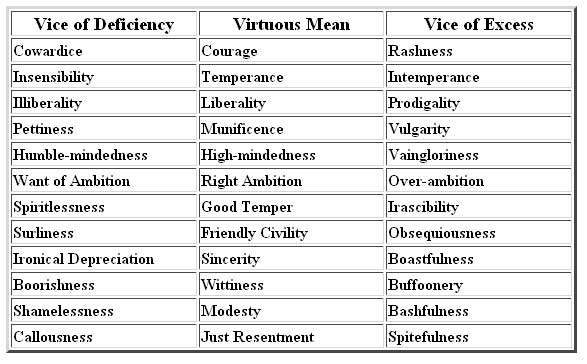
The theological virtues could also be called ‘peasant’, to contrast them with the ‘aristocratic’ four, or ‘Christian’, without implying that Christians have been especially skilled at achieving them. Your information is being handled in accordance with the ABC Privacy Collection Statement. “The intellectual and moral virtues perfect the human intellect and appetite in proportion to human nature, but the theological virtues do so supernaturally.” “The theological virtues are above the nature of man,” wrote St. Before the Romantics and their nationalism and socialism, they were thought of as achieving the salvation of an individual soul, as achieving the City of God, not a city of humans. These three so-called ‘theological’ virtues are not until the nineteenth century regarded as political. The other three virtues for a flourishing life ― adding up to the principal seven ― are faith, hope and love.

Vices undermined Athenian flourishing, as they will do. When Athens ignored any of them ― for instance, justice in its treatment of Melos or prudence in its expedition to Syracuse ― the results were distressing. So did a politician speaking to the Athenian assembly. A hoplite in the phalanx of the polis needed courage, prudence, temperance and justice ― all four. The pagan four are the political virtues in many senses ― for example, in the ancient sense of contributing to the survival and flourishing of a polis containing political animals.

In sophisticated ruminations on the virtues until the eighteenth century, these four persisted ― as, for example, in Adam Smith’s Theory of Moral Sentiments. For the knowledge required argues for prudence the strength to act resolutely argues for courage moderation argues for temperance and correctness argues for justice.


 0 kommentar(er)
0 kommentar(er)
